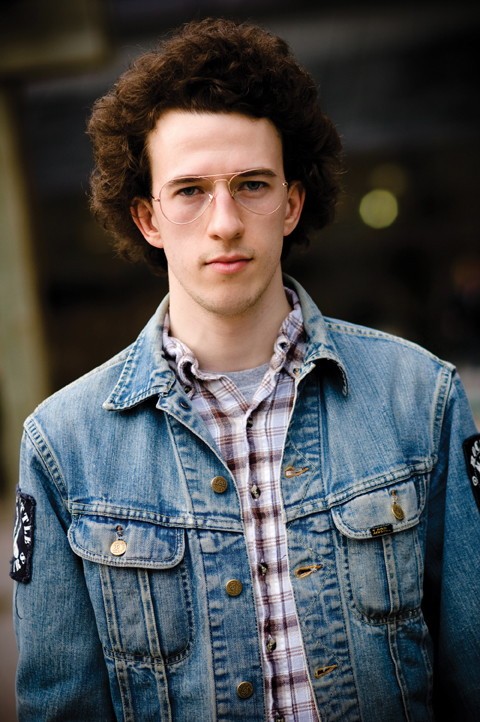Jesus camp-us
Critics say United Church of Canada has too much power over the U of W
At one time, The United Church of Canada – the country’s largest Protestant denomination – had the power to drive the University of Winnipeg’s entire agenda. Yet much of that power and influence seems to continue, critics say.
“The fundamental utility of a university education is to teach critical thinking,” said Rob McGregor, a U of W graduate and member of the University of Winnipeg Atheist Students Association (ASA).
McGregor, 23, opposes the teaching of theology because it is based on the “assumption” that God exists.
“The only way religion survives is through the repression of critical thinking.”
The University of Winnipeg was formed through the merger of two Protestant Christian colleges, one Presbyterian and one Methodist, around the same time that Methodists and Presbyterians were merging to form the United Church of Canada. The merging of the two colleges created the United College in 1938, and in 1967 it became the University of Winnipeg.
Currently, the United Church maintains the power to appoint 10 out of the 33 members of the university’s Board of Regents, which provides the goals and a strategic direction for campus administration.
“I thought we had separation of church and state in Canada,” said Kelly Ross, University of Winnipeg Students’ Association vice-president of student services and a member of the Board of Regents, referring to the fact that the university is a publicly-subsidized institution. “I don’t think that any of the United Church appointees are out to do the university a disservice, but this institution (U of W) is not run by the United Church anymore.”
Others defend the existence of church-appointed board members, saying that the United Church remains one of the most progressive religious institutions in Canada.
“The U of W’s commitment to rational inquiry, multiculturalism and multi-faith relations is a gift from the United Church ... just as much as any brick on top of any other brick,” said James Christie, dean of the faculty of theology, referring to the fact that the U of W was formed and built in large part because of the church.
The appointment power is not the only religious tradition still upheld by the U of W, however.
The faculty of theology is protected under section 14 of the University of Winnipeg Act, which stipulates that the Board of Regents cannot abolish or discontinue the faculty without the approval of both the Senate and the United Church of Canada.
Section 14 acts as statutory protection for the faculty because the Board of Regents doesn’t necessarily have to seek the approval of the senate or the United Church when it abolishes other academic programs, said Valerie Gilroy, U of W general counsel.
Members of the ASA not only find the protection of theology troubling, they advocate for the abolition of the faculty as long as it retains ties to the United Church and is based on the assumption that God exists.
“Education is meant to teach you how to think, not how to believe,” said Lukas Thiessen, U of W graduate and founding member of the ASA.
Christie defends the legitimacy of the faculty by pointing to its mission statement, which says that “the faculty of theology serves our multi-faith, multi-cultural, and multi-denominational communities.”
“We have been explicitly inclusive to all faith groups for over 30 years,” said Christie, adding that the faculty embraces other faith traditions. “In my experience, those that are reluctant to include theology into a university setting are often more dogmatic than the religious people on campus.”
The faculty of theology receives roughly 25 per cent of its funding from the United Church. All five faculty members come from a Protestant Christian background, said Christie.
Published in Volume 64, Number 25 of The Uniter (April 1, 2010)







